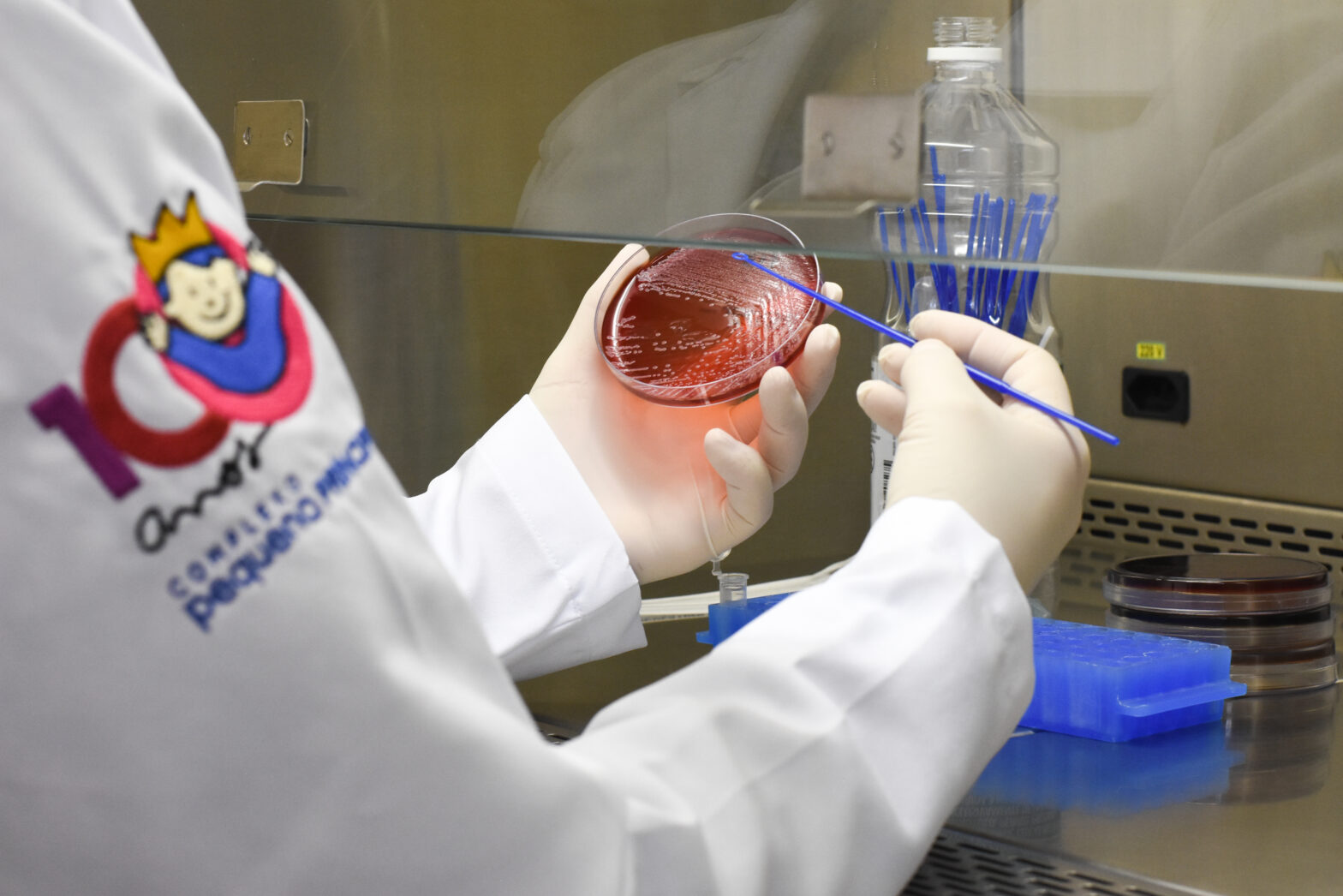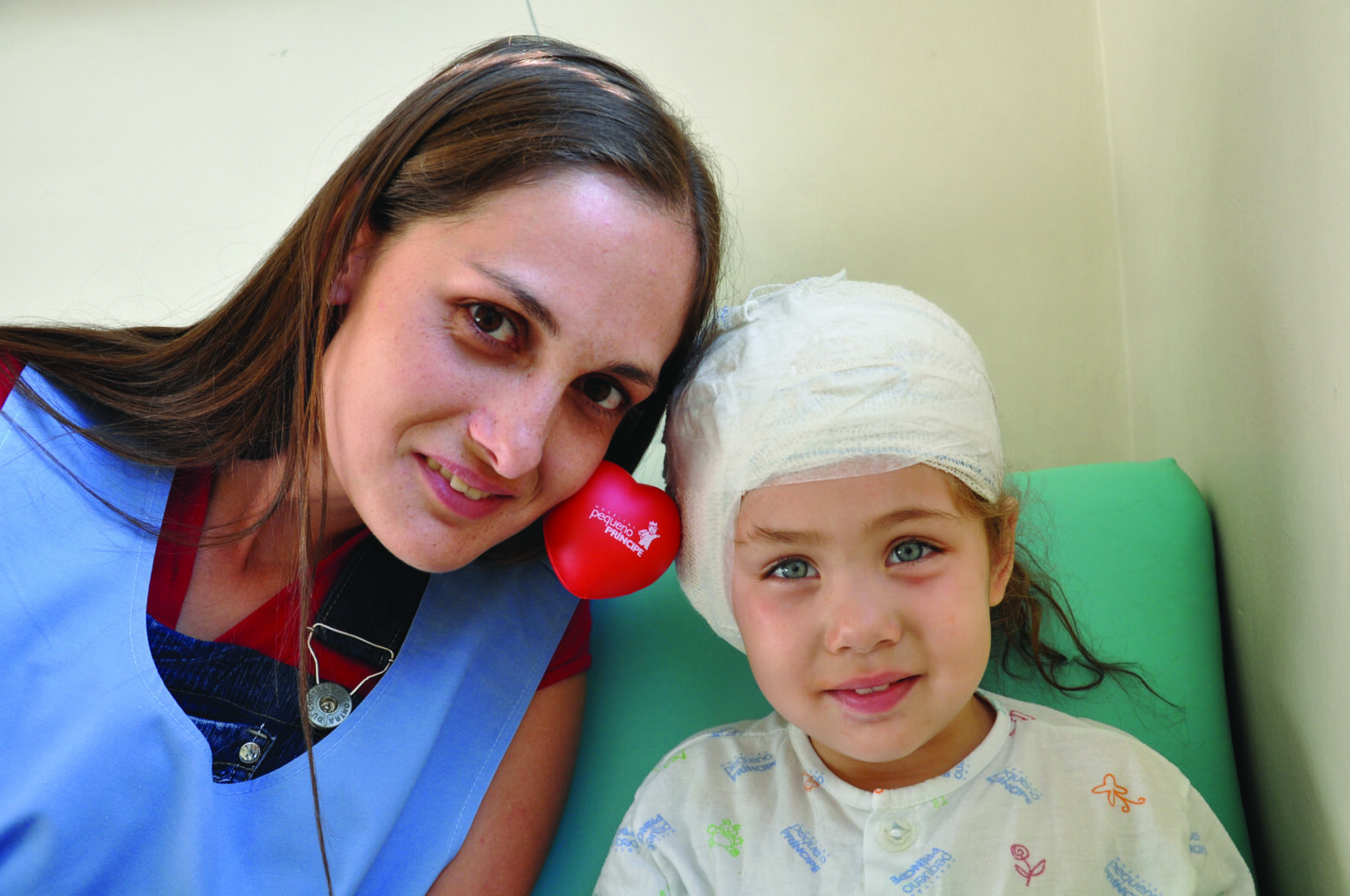Pequeno Príncipe creates an outpatient clinic for the post-COVID-19 cardiologic follow-up of patients
The purpose is to extend the assistance to other specialties, avoiding the mortality of children and adolescents caused by complications brought by the coronavirus in the medium and long-term

Coronavirus infection has proven extremely challenging to medicine. Besides the acute phase, which leads patients to need hospitalization, doctors already know that a significant percentage of these patients develop chronic diseases; that is, sequels that affect organs such as the heart, kidneys, lungs, liver, and brain. In these cases, early identification of the compromising of any of these organs makes the difference in the patient’s life. The Pequeno Príncipe Hospital plans to create a multidisciplinary follow-up outpatient clinic for these children and adolescents. The service will be based on a successful experience that has been in operation since August 2020: the cardiology follow-up clinic.
According to the electrophysiologist and pediatric cardiologist in charge of the project, Lânia Fátima Romanzin Xavier, in the acute phase, patients are submitted to blood tests, electrocardiogram, holter, and echocardiogram. According to the results of these exams, it is possible to discover the heart’s involvement by the virus and, consequently, optimize the therapy still in the acute phase. Subsequently, the patient is referred for outpatient follow-up. Currently, 26 patients are being followed. According to the physician, it is important to perform this extended investigation in the acute phase of coronavirus infection, in order to document the involvement of target organs, directing the necessary follow-up post-COVID-19.

“In the cardiology outpatient clinic, we evaluate several points,” explains Lânia. The first is that patients can develop a cardiac disorder called dilated cardiomyopathy, which is due to an inflammatory process that affects the heart muscle in the acute phase of COVID-19. In this case, the heart can develop a heart failure. Tailored treatment and specialized clinical follow-up are critical in the prognosis of these patients. The second point is to find out the degree of cardiac involvement to guide the need for early therapeutic interventions. This is because some patients are completely asymptomatic from the cardiac point of view, but in the medium and long-term, the inflammation that affected the heart muscle in the acute phase can cause scarring and be the focus of a cardiac arrhythmia in the late period. There are already reports in the literature of situations like this in adults.
This cardiological evaluation also determines whether the patient is able to return to his or her physical activities in a normal way, because the child has such intense physical activity that it is often compared to that of an athlete. “We are on a constant learning curve at COVID-19, and may the light of wisdom guide us to do the best for our patients,” emphasizes the physician.
More
Leukemia research seeks to increase knowledge around the disease
Scientists intend to find markers to help indicate tailored treatments to the disease, increasing the chances of cure
Cochlear Implant Service of Pequeno Príncipe turns 10 years old
According to the Ministry of Health, for each thousand children born in Brazil, three present problems related to deaf; procedure is offered by the Public Health System








